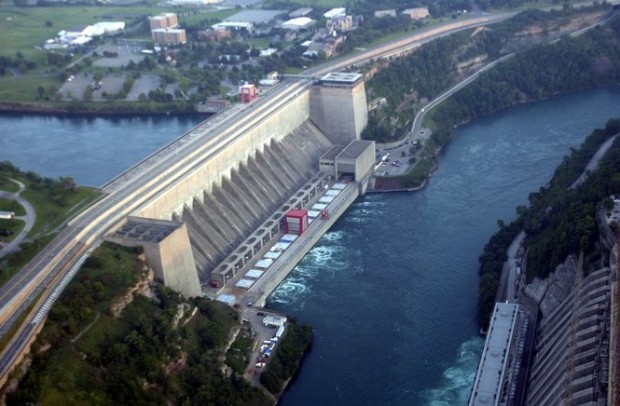Officials from around the world will soon gather in Morocco, a country that is increasingly investing in renewable energy technologies, to discuss implementation of the newly ratified climate agreement reached in Paris last December. On this episode of the Columbia Energy Exchange host Bill Loveless talks with Said Mouline, director general of Morocco’s national agency for the development of renewable energy and energy efficiency, and a member of Morocco’s steering committee. They discussed: What to expect at COP22 in Marrakech and to what extent renewable energy can help address the goals of the Paris agreement; Morocco’s development of the world’s largest concentrated solar plant, the Noor complex; How Morocco might serve as a model for other nations, especially within Africa, to integrate renewables into their energy mix; The role of public-private partnerships in meeting Morocco’s renewable energy goals and the challenges posed by this model. (Listen here)
Continue reading












